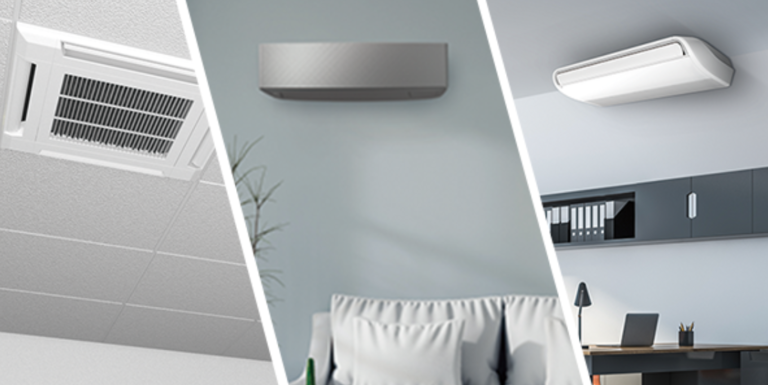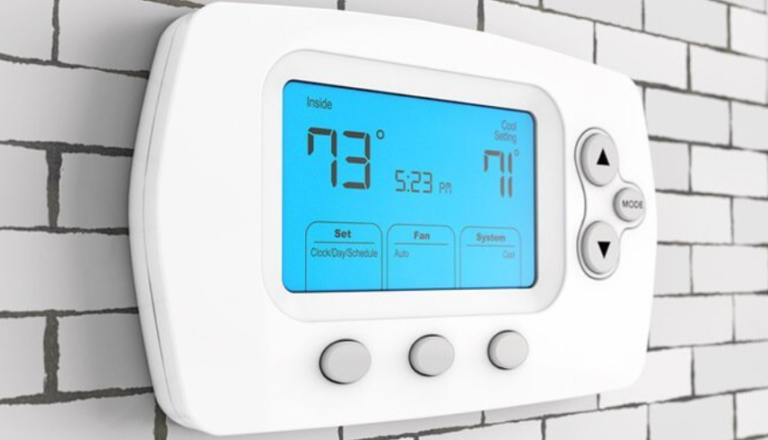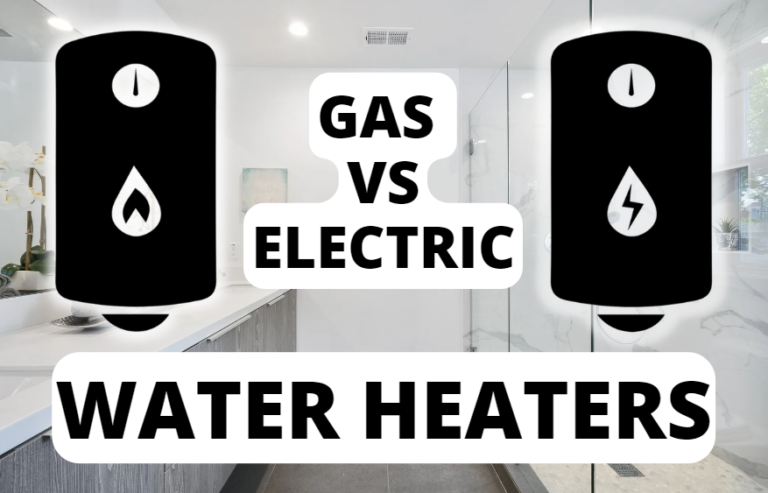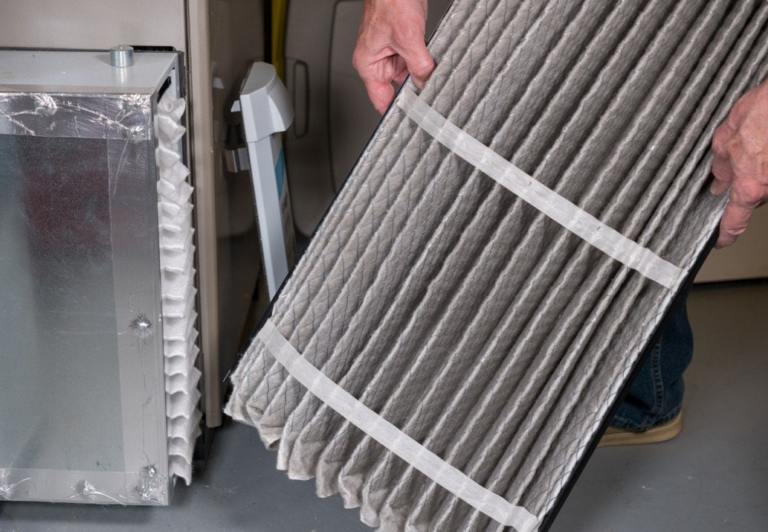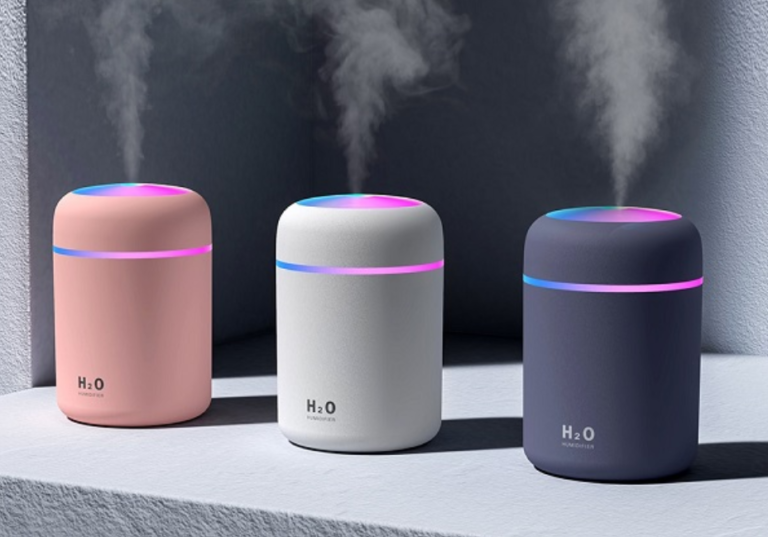Do Tankless Water Heaters Run Out of Hot Water?
Do tankless water heaters run out of hot water? The short answer is no, tankless water heaters do not run out of hot water.
This is because they are designed to heat water on demand, meaning that they only heat water when you need it. So, if you have a sudden need for a large amount of hot water, such as filling up a bathtub, a tankless water heater will be able to provide it.
What are tankless water heaters
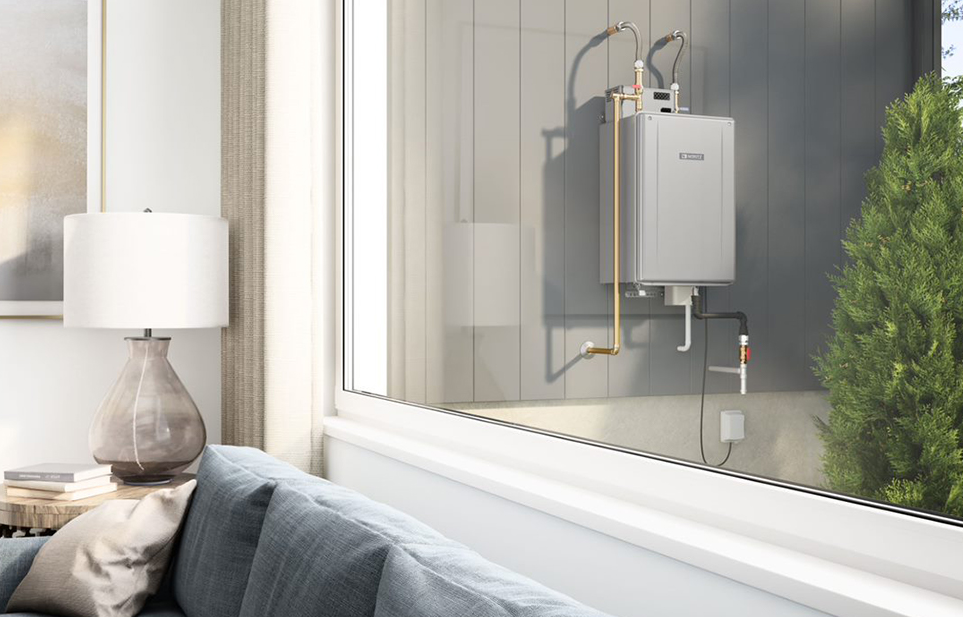
A tankless water heater, also called an on-demand or instantaneous water heater, is a type of water heater that heats water as it is needed.
They don’t have a storage tank like conventional water heaters. This means that they can be much smaller and more energy efficient. But does this efficiency come at the cost of never having enough hot water?
Of course, there are some limits to how much hot water a tankless water heater can provide at one time. But even the average tankless water heaters can provide more than enough hot water for most households.
How do tankless water heater work?
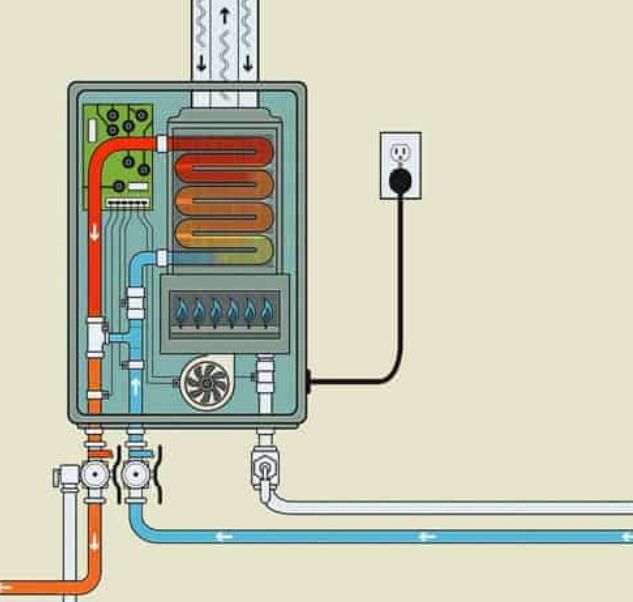
A tankless water heater contains a heating element (usually gas or electric) and a cold water inlet.
When you turn on the hot water tap, cold water flows into the unit and is heated by the heating element. The hot water then flows out of the unit and into your plumbing system.
Tankless water heaters can be installed in two ways: as a whole-house unit or as a point-of-use (POU) unit.
- A whole-house unit is usually installed near the main water line and provides hot water to your entire home.
- A POU unit is usually installed under a sink or in another small area and provides hot water to one specific fixture.
Benefits of tankless water heaters
There are several benefits of using a tankless water heater:
1. Energy Efficiency
Tankless water heaters are more energy efficient than conventional storage tank water heaters because they only heat the water that you need, when you need it. Conventional storage tank water heaters keep 40-60 gallons of water constantly heated, even when you’re not using it.
2. Endless Hot Water
Since tankless water heaters only heat the water that you need, you’ll never run out of hot water. This is especially beneficial if you have a large family or if you enjoy long showers.
3. Compact Size
Tankless water heaters are much smaller than conventional storage tank water heaters because they don’t need to store any hot water. This saves valuable space in your home and makes them ideal for small homes or apartments.
4. Lower Operating Costs
Because tankless units are more energy efficient, they also have lower operating costs than storage tank units. In fact, over the long term, you can save hundreds of dollars by switching to a tankless unit.
Disadvantages of tankless water heaters
1. They’re More Expensive
Tankless water heaters generally cost more than traditional tank water heaters. The initial purchase price is usually higher, and you may also need to invest in additional piping or ventilation.
2. They Have a Limited Flow Rate
Tankless water heaters have a maximum flow rate, which is the amount of water they can heat per minute. Depending on the model, that flow rate may be as low as 3 gallons per minute (GPM).
That can be not enough to support multiple simultaneous uses, like running the dishwasher and taking a shower at the same time.
3. They Require Regular Maintenance
Tankless water heaters require regular maintenance, like descaling and flushing, to prevent mineral buildup and keep them operating efficiently. This can add to the overall cost of owning a tankless water heater.
4. They Don’t Last as Long as Traditional Water Heaters
Tankless water heaters typically don’t last as long as traditional storage tank water heaters. With proper maintenance, a tank water heater can last 10-15 years, but a tankless water heater will only last about 7-12 years on average.
Tankless water heaters: Maintenance
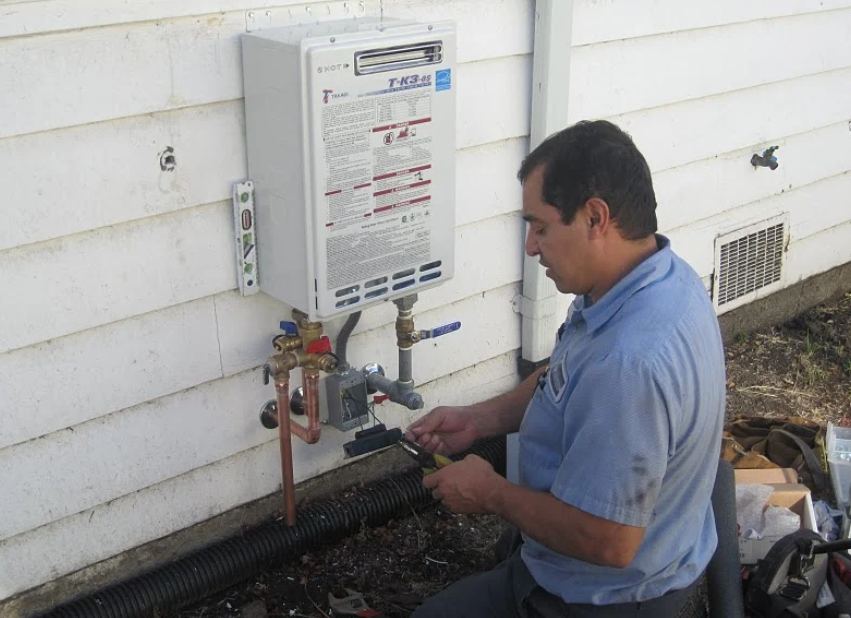
Like any appliance, tankless water heater needs regular maintenance to keep it running its best. Here are some tips on how to maintain your tankless water heater.
1. Check the manufacturer’s recommendations.
Before you do anything, check the manufacturer’s recommendations for maintenance. They will have specific instructions on how often to service your particular model.
2. Flush the system.
You should flush your tankless water heater at least once a year to remove any sediment that has built up in the system. Sediment can cause corrosion and clog the heat exchanger, reducing efficiency and eventually leading to failure.
To flush the system, simply attach a garden hose to the drain valve and open it up. Let the water run for a few minutes until it runs clear. Then close the valve and remove the hose.
3. Descale the unit.
Hard water contains minerals like calcium and magnesium that can build up on the heating elements in your tankless water heater.
This build-up is called scale and it reduces efficiency and eventually leads to failure. So, it’s important to descale your tankless water heater on a regular basis, according to the manufacturer’s recommendations.
To descale the unit, you’ll need to use a special solution that’s designed for descaling tanks. Follow the instructions on the package and be sure to wear gloves and eye protection while you work.
4. Inspect the venting system.
Your tankless water heater needs proper ventilation to work properly. So be sure to inspect the venting system regularly to make sure there are no blockages or leaks. If you find any problems, call a qualified technician to repair them before using the unit again.
5. Check for leaks.
Leaks are one of the most common problems with tankless water heaters. So, it’s important to check for leaks regularly and fix them as soon as possible.
The best way to check for leaks is to look for any puddles of water around the unit or dripping from the pipes leading to or from the unit. If you find a leak, turn off the unit immediately and call a qualified technician to repair it before using the unit again.

